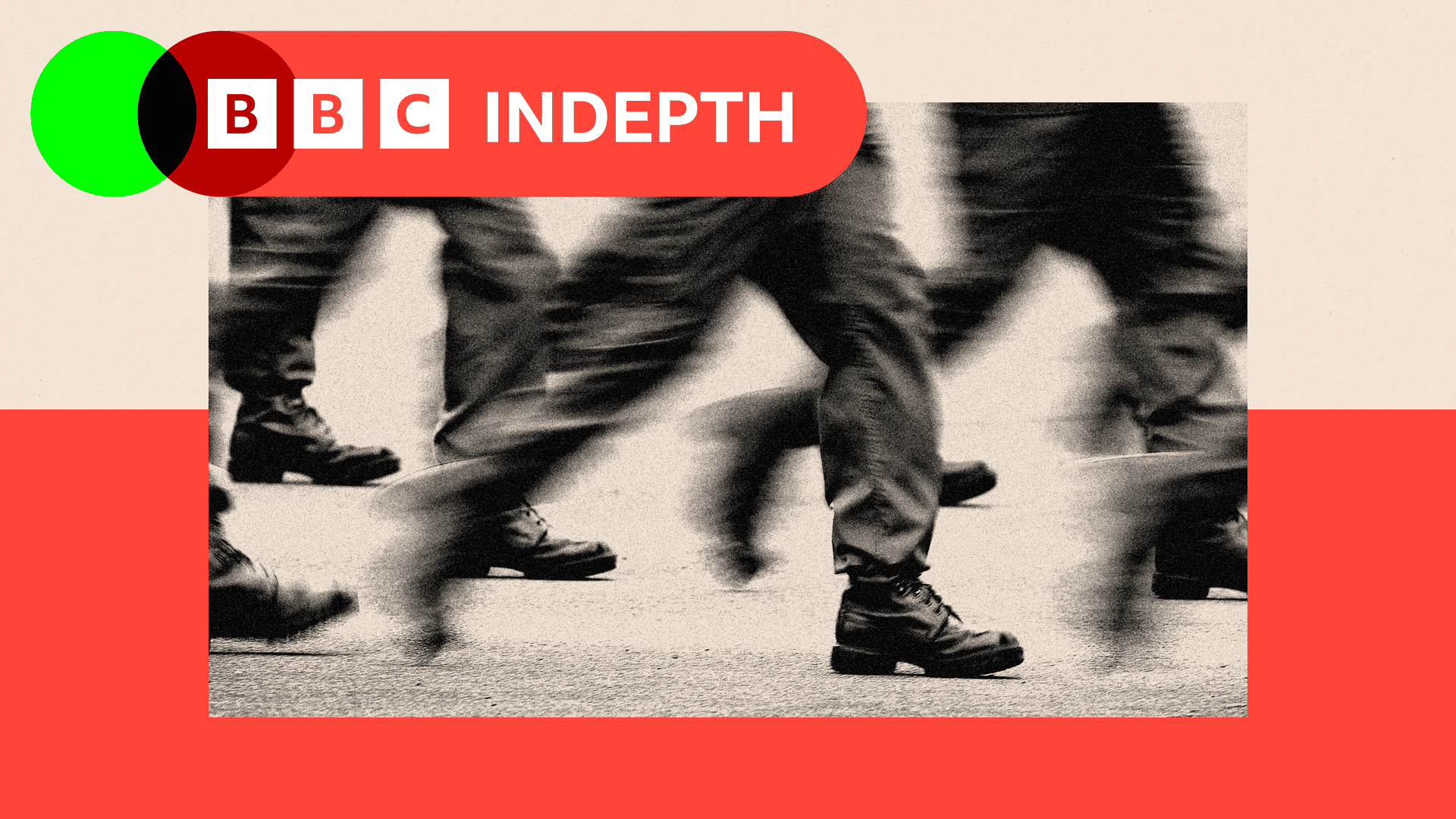Army base death puts spotlight on history of bullying allegations
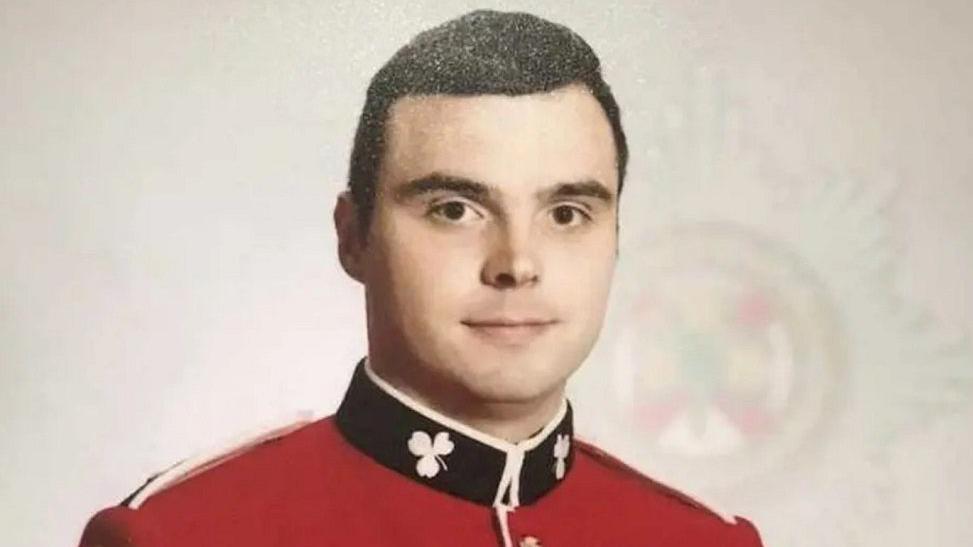
L/Cpl Bernard Mongan lay dead in his room for up to three weeks before he was found
- Published
An Army investigation into the death of L/Cpl Bernard Mongan described it as a "tragic event". But, evidence at his inquest mirrored that heard about the deaths of other soldiers in recent years and highlighted long-standing questions around bullying and mental health support for troops.
Bernard Mongan was found dead in his room at Catterick Garrison in North Yorkshire on 23 January 2020 - three weeks after he was last seen alive.
The Centre for Military Justice (CMJ) said the fact nobody on the UK's largest Army base realised he was missing for so long was "astonishing and appalling", while the delay left senior coroner Jon Heath unable to determine exactly how the 33-year-old died.
However, he did conclude the father-of-three was "on occasions treated and spoken to by his chain of command in a way that caused him distress".
L/Cpl Mongan's wife, Beth - whom he was separated from at the time of his death - went further.
"I believe that Bernie took his own life while in crisis," she said after the coroner returned his conclusion in Northallerton in June.
"He had been badly assaulted the year before and little to no action taken to address that, and he said that had been bullied and I believe him.
"I also believe the mental health care he received in the weeks before he died was deeply inadequate."
Over the course of the inquest one witness described how L/Cpl Mongan had been "shouted, screamed and swore at" and "forced" to do extra runs in his lunch break without being given time to eat, while another said he was "100% victimised".
Two other soldiers however suggested he had been "mismanaged" as opposed to being bullied, while Capt Ben Atkin, RSM for L/Cpl Mongan's battalion said physical exercise was "not allowed to be used in the British Army as a punishment" and "if I had seen it, I would have stopped it".
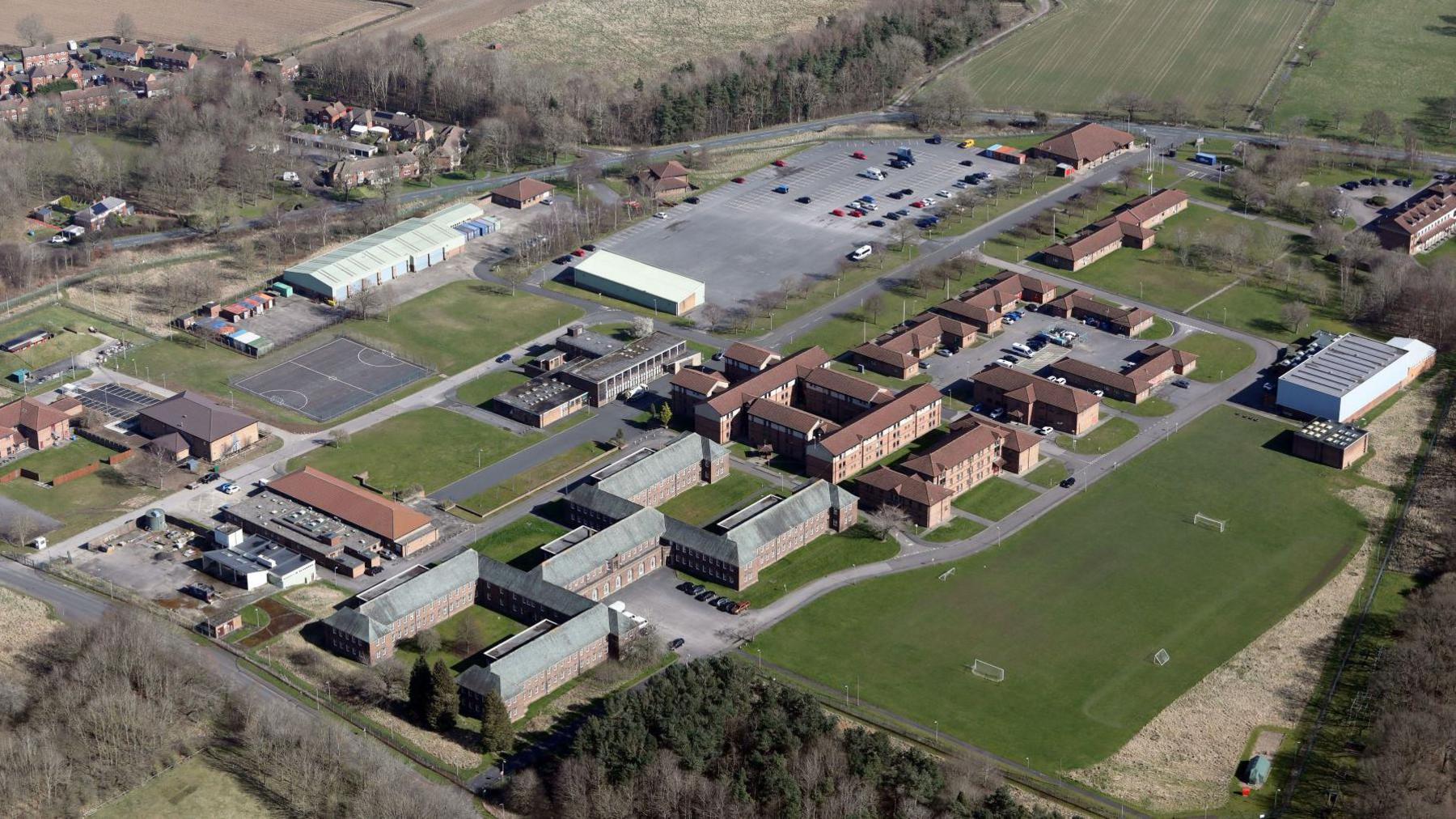
Whatever the precise truth, the inquest brought allegations of bullying in the Army front and centre and not for the first time.
Lawyer Emma Norton, from the CMJ - which provides independent legal advice and support to service personnel and their relatives - has represented the families of eight former soldiers at their inquests.
Among those she and the CMJ have helped are L/Cpl Joel Robinson and Cpl Anne-Marie Ellement, both of whom complained of bullying before taking their own lives.
She said all of them had "very, very serious concerns about whether the vulnerabilities and experiences of their loved ones were adequately identified and responded to by the Army".
While L/Cpl Mongan never made an official complaint about bullying Ms Norton believed his chain of command "should have been capable of identifying that and dealing with it".
If you have been affected by any of the issues raised you can seek help via the BBC's Action Line website.
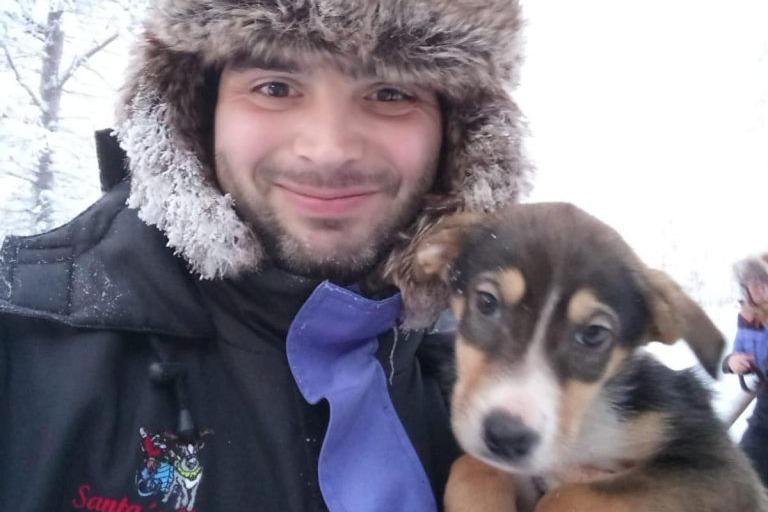
Father-of-three Bernard Mongan was found dead at his army barracks in Catterick Garrison
The inquest also heard L/Cpl Mongan had made several attempts on his own life prior to his death, including one while serving in the Army in 2016.
However, information about his mental health history was not shared when he moved to Catterick.
Asked if that was a significant failure in communication, Capt Atkin told the hearing: "It's an issue, it's a failing, the system should have worked."
For Ms Norton it was "a shocking failure" and "unforgivably bad".
"[Bernie] is another good example of the risk that can be posed when this information-sharing system falls down," she said.
Army 'failed duty of care'
L/Cpl Mongan was not the only soldier at Catterick whose inquest heard information about a failure to share information around previous attempts to self harm .
Nicholas Hart was found dead at the North Yorkshire base in February 2022, just weeks before the birth of his youngest child.
In November 2024, coroner Jonathan Leach recorded a verdict of suicide.
Highlander Hart's sister, Jamie Hart-Dobbs, still vividly remembers one of his regular sayings about Army life: "They taught me how to go to war, they didn't teach me how to come back from it."
Also 33, the dad-of-four served with the 4th Battalion of the Royal Regiment of Scotland. He too had previously attempted to take his own life.
However, the inquest into his death heard his colleagues were unaware of this.
An internal inquiry by the Ministry of Defence found there were "missed opportunities" in the care he received before he died.
"It's not missed opportunities, it's down right neglect," said Ms Hart-Dobbs.
"They have a duty of care, they failed in that duty of care."
The inquest heard Highlander Hart's mental health had worsened following the suicide of another soldier based at Catterick Garrison, Ryan Mackenzie.
Army witnesses told Mr Mackenzie's inquest they were also never made aware of his past suicide attempts, or his mental health history.
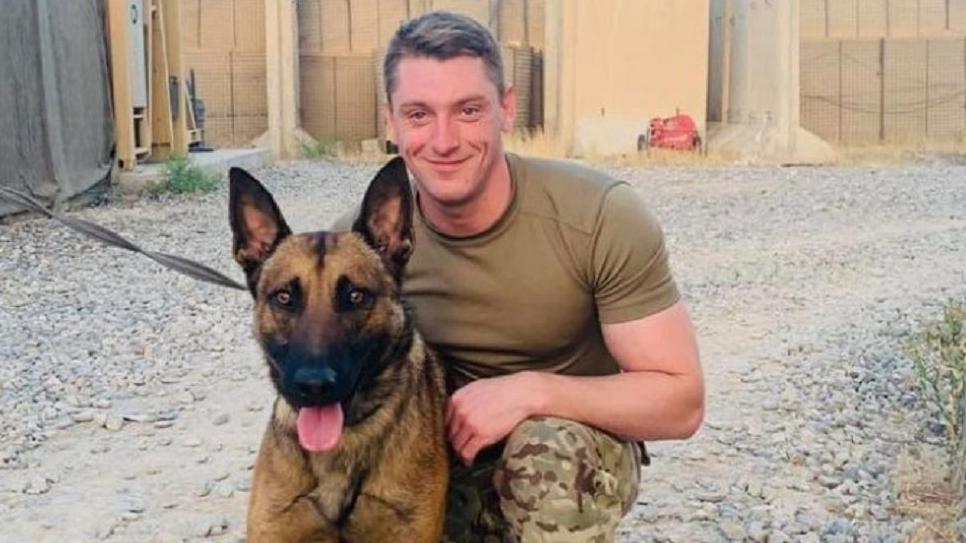
Nicholas Hart's family believe opportunities were missed to help him
Highlander Hart's wife Sara believes her husband should have been medically discharged following a suicide attempt in 2014.
"You are holding a gun, you are going out to fight, putting your life on the line - they should know what your mental state is," she said.
"If your mind isn't right, how are you going to protect the fellow person that's beside you?"
Ms Hart-Dobbs added: "They are not expendable, these men, you can't just throw them away. They are ours."
She said she had followed L/Cpl Mongan's inquest, describing it as a "repeat" of her family's experiences.
"There shouldn't be a reason for [the Army] to have to apologise to families like us because our men should still be here."
In 2021, following L/Cpl Mongan's death a Service Inquiry by the Army into his death, external made 49 recommendations - all of which Ms Norton said were accepted and "should mean that it would be less likely that there would be more cases like his".
Highlander Hart died the following year.
When the BBC put the concerns raised by L/Cpl Mongan's and Highlander Hart's families to the Army, they said the demands placed on service personnel had the potential to have a significant impact on their health and well being.
They said they worked closely with the Department of Health and Social Care, NHS and other stakeholders to further improve the support available and help others recognise recognise the signs of mental health distress in themselves and their colleagues and to encourage people to seek help.
A Ministry of Defence spokesperson added: "Our deepest sympathies remain with the family and friends of Lance Corporal Bernie Mongan.
"His loss has been profoundly felt throughout the Army, but we recognise that no-one has felt this tragedy more deeply than those closest to him.
"The Army accepted and is actioning all of the recommendations identified by the Service Inquiry report into Bernie's death.
"We deeply regret and apologise for the shortfalls in our duty of care towards him, which were clearly unacceptable.
"We're grateful to HM Coroner for the thorough and diligent examination of the circumstances surrounding his death.
"Bernie's service will not be forgotten, and we owe it to his memory, to his loved ones, and to all who serve to ensure that we consistently and diligently provide the duty of care our people need and deserve."
Listen to highlights from North Yorkshire on BBC Sounds, catch up with the latest episode of Look North.
Related topics
- Published19 June

- Published15 November 2024
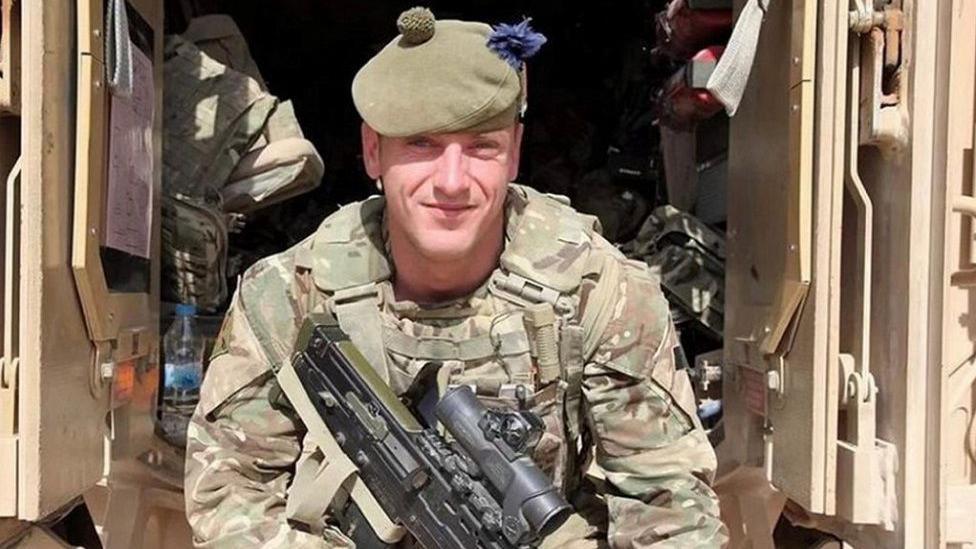
- Published31 May 2022
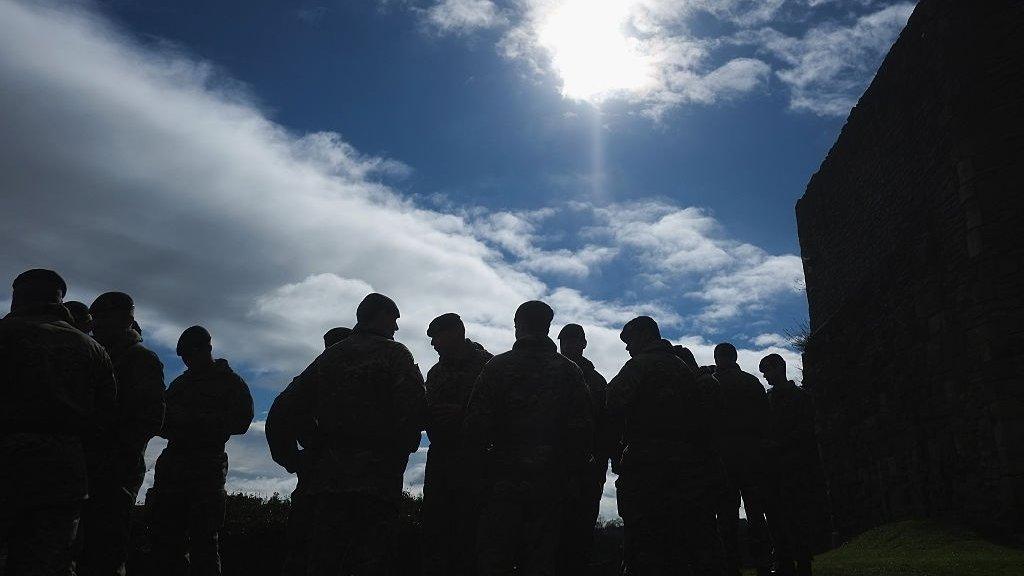
- Published12 May
